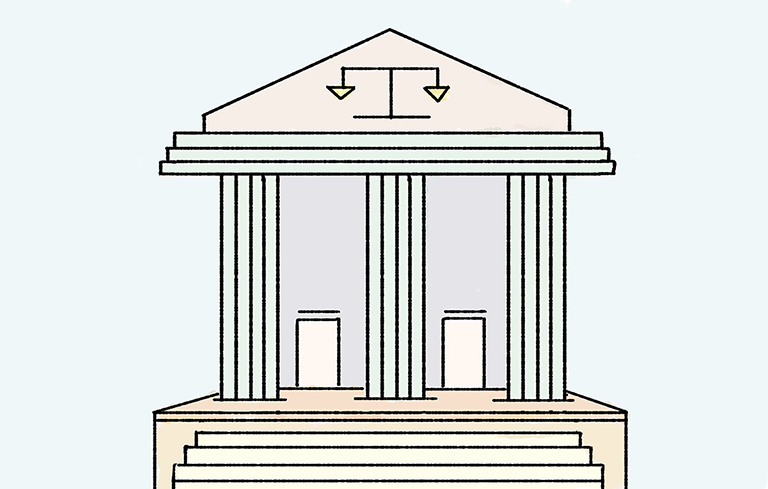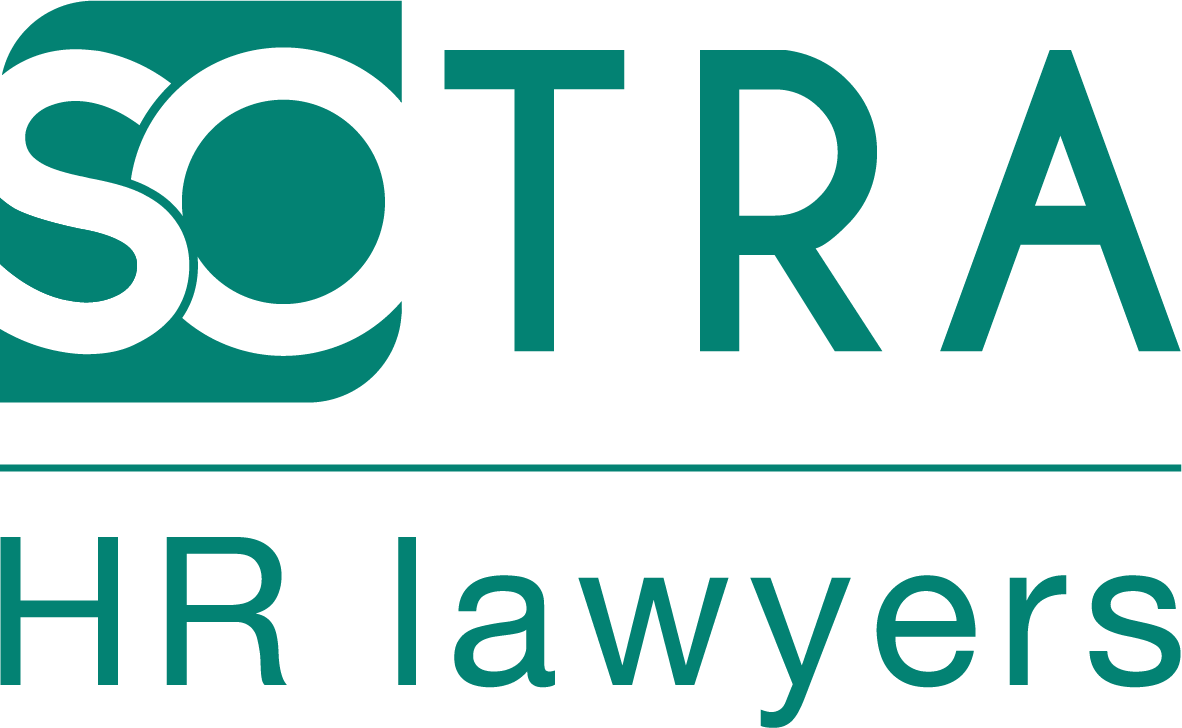
The right to strike does not include the right to deliberately obstruct traffic
The European Court of Human Rights recently clarified the scope of freedom of expression and association in Bodson and Others v. Belgium.

According to the ECtHR, the right to strike does not include the right of a trade union to block public roads without prior authorisation, bringing traffic to a complete standstill and creating a dangerous situation.
The facts
A trade union demonstration took place in October 2015. Demonstrators set up strike pickets in front of a shopping centre in Herstal, not far from the access roads to the A3/E40 motorway. Without prior warning, they then blocked the motorway with barricades.
Some of the protesters participating in the blockade were identified and convicted of maliciously obstructing traffic, which is prohibited under article 406 of the Criminal Code.
The protesters brought the case before the European Court of Human Rights claiming that 1) their conviction violated their rights to freedom of expression and freedom of assembly and association, and 2) the severity of the punishment imposed on certain protesters was based on their trade union membership and was thus discriminatory.
The decision of the Court
The Court finds that the protesters’ conviction effectively constitutes an interference with the protesters' right to freedom of assembly, but that this interference does not amount to a violation of that right.
Indeed, the ECtHR considers that the interference:
- was provided for by law, more specifically by article 406 of the Criminal Code;
- pursues legitimate purposes of protecting public order and the rights and freedoms of others;
- was necessary in a democratic society to achieve those ends. In that regard, the Court notes in particular that: (1) the blockade was not preceded by any prior warning or approval, (2)traffic was completely blocked for hours, creating a dangerous situation for both road users and the protesters themselves, (3) the blockade was not triggered by a sudden event requiring immediate action nor was it directly aimed at an activity the protesters disapproved of, (4) finally, according to the Court, the blockade was not the only available means to strengthen their claims.
The Court added that those identified had not been convicted for exercising their right to freedom of expression or their right to strike, but for participating in malicious obstruction of traffic.
Finally, the Court confirms that certain protesters played a leading role in the blocking of the road, given their trade union responsibility, and were therefore rightly punished more severely.
Takeaway
The right to strike does not include the right for protesters to block public roads and create dangerous situations. Such behaviour is punishable by law.
In determining the punishment, the court will consider the specific role of the leaders in the commission of the offence and may therefore rightly find that the persons holding trade union responsibilities did not properly exercise the authority attached to their position.
Source: ECtHR, Bodson and Others v. Belgium, 16 January 2025, https://hudoc.echr.coe.int/fre#{%22itemid%22:[%22001-238838%22]
